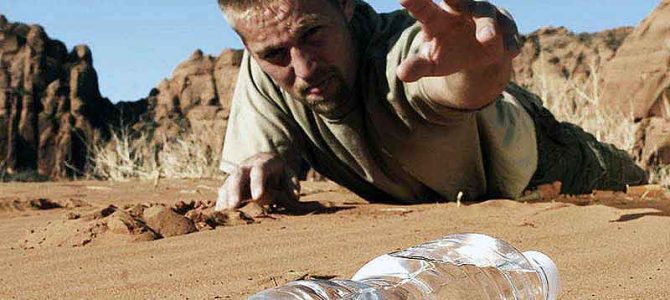Question 384: Salam Alaikum! There is someone who lives in Stockholm and they work there too. But they decided during The Month Of Ramadhan to live outside the city, which that city is 50 km aways from Stockholm .But I know they can fast if they travel after Salat Aldhur ; here is the question, will the traveler’s Salat be Qasar or tamam?
My Marja: Ayatollah Al-Udhma Sayed Ali Al-Sistani
Answer 384: If they travel after Dhuhr (noon) their fast is treated as valid. If they have decided to stay in that city for 10 days they would have to offer their prayers tamam and fast till they are there for 10 days. Otherwise, they should offer their prayers Qasr and not to fast other days in this state.
According to Sayyid Sistani (ha), if a fasting person travels after Zuhr, he should, as a precaution, complete his fast. If he travels before Zuhr and had an intention from the previous night to do so, he cannot fast on that day. As a precaution, he cannot fast on that day even if he had no intention to travel from the previous night. In both the cases, he cannot break the fast till he has reached the limit of Tarakkhus. If he does, he will be liable to give Kaffarah.
If a traveller in the month of Ramadhan, regardless of whether he was travelling before Fajr, or was fasting and then undertook the journey, reaches his hometown before Zuhr or a place where he intends to stay for ten days, and if has not committed an act which invalidates a fast, he should fast on that day. But if he has committed such an act, it is not obligatory on him to fast on that day.
If after covering a distance which would add up to make 8 farsakh on return, the traveller abandons the journey, and if he decides to remain at that place, or to return after 10 days, or is undecided about returning or staying there, he should offer full prayers.
If a person abandons the journey after reaching a distance which would add up to make 8 farsakh on return, and decides to return, he should offer shortened prayers even if he wants to stay there for less than 10 days.
For the shar’i distance needed to travel in order for one’s prayer to become shortened, the fuqaha (Jurisprudents) have various rulings. Some say the distance necessary is approximately 22.5 kilometers.[1] Others say that the distance is approximately 21.5 kilometers.[2] Another group says that it is approximately 22 kilometers.[3]
A Farsakh is equal to three miles, while a mile is equal to four thousand cubits, whose length is equal to the breadth of twenty four fingers, and each finger is equal to the width of seven grains of barley, and each barley is equal to the breadth of seven average hair of a Turkish horse (or a pony). If the distance is less than that, even if to a minimal extent, the person on journey shall offer unreduced prayer.[4]
Note: A traveler for whom it is obligatory to shorten a four Rak’ats prayers to two Rak’ats, should not fast. However, a traveler who offers full prayers, like, a person who is a traveler by profession or who goes on a journey for a haram purpose, should fast while travelling.[5]
[1] Imam Khomeini, Ayatullahs Bahjat, Khamenei, Fadhil Lankarani, Safi and Nouri. Tawdhihul-Masa’el (of Marja’s), vol. 1, issue 1272.
[2] Makarem Shirazi, Tawzihul-Masa’el (of Maraji’), vol. 1, pg. 684.
[3] Tabrizi, Sistani and Vahid Khorasani, Minhajul-Salehin, issue 884.
[4] . The Official Website of Sayyid Sistani (ha), Prayers of a traveller » Prayers of a traveller (Musafir) & Fasting by a traveler; Tahrir al-Wasila of Imam Khomeini (ra), Vol. 1, Chapter on a Traveler’s Prayers and its Relevant Rules.
[5] . The official website of the office of Sayyid Sistani (ha), Fasting » Fasting by a traveller.










